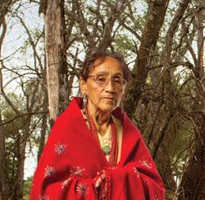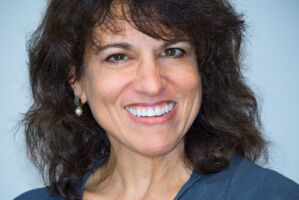In recognition of Women’s History Month this March, we have curated a selection of resources below to help you discover, celebrate, and honor the vast contributions of women linguists, orators, singers, authors, and poets, whose words and work continue to remind us of the power of words.
- Connect with the legacies of groundbreaking women writers, orators, and changemakers during your visit to Planet Word by downloading our themed-experience guide.
- Watch past program videos with contemporary scholars and writers like Amanda Montell, Emily Hanford, Sanaz Toossi, and more.
- Head over to our blog to read Q&As with experts across a variety of language-related fields like Kelly Wright, Natalie Schilling, Lisa New, and more.
Did you know?
Dating back to at least the 1400s, young women have spearheaded language change. We can tell by comparing the letters people wrote to each other that women writers changed the way they wrote more quickly than men, and they were first to introduce new words like “has,” “do,” and “you.”














